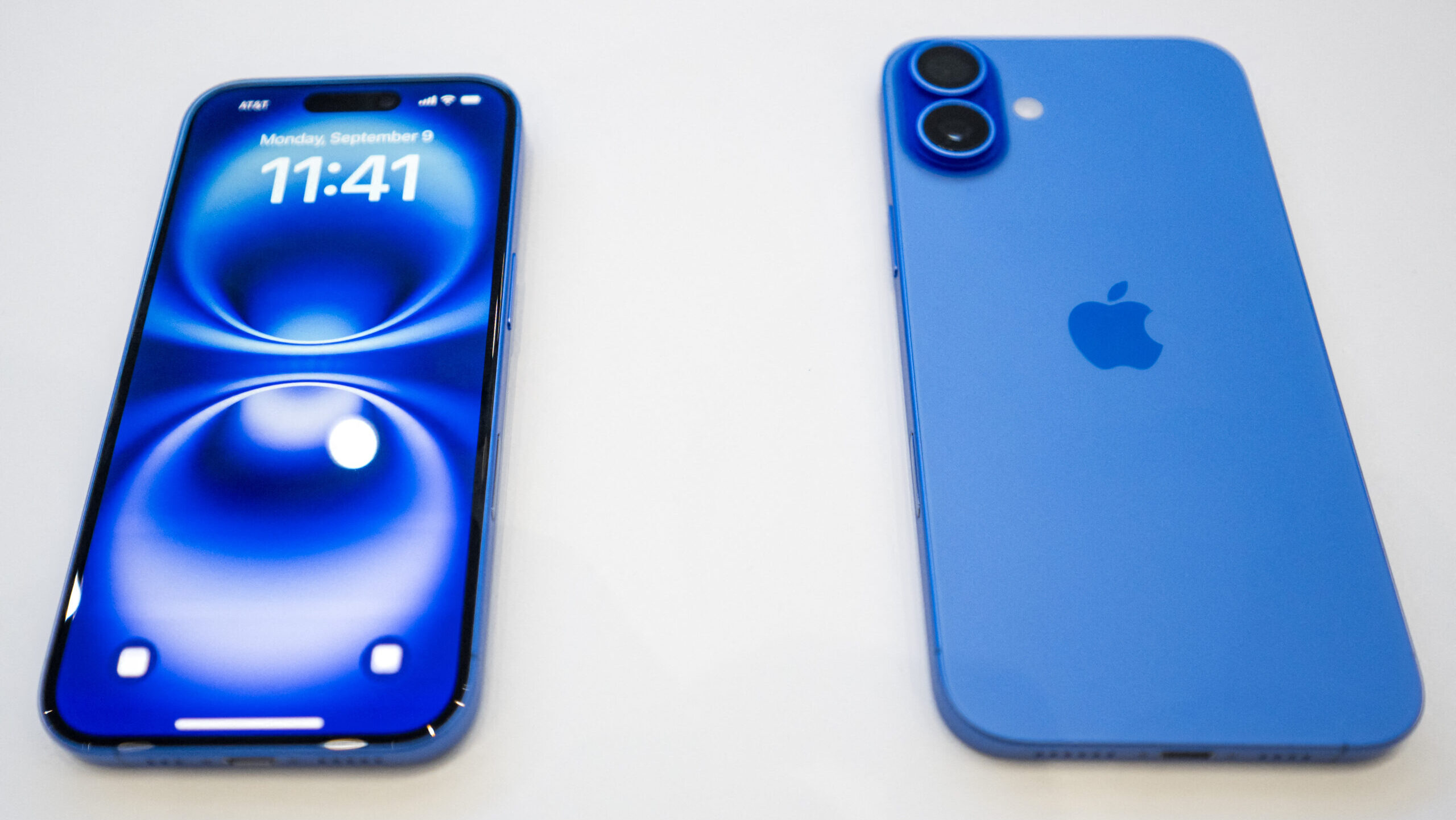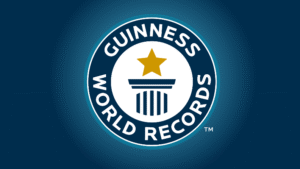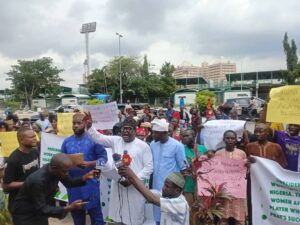iPhone 17: Five key considerations for Nigerian buyers

Apple on September 9 unveiled the iPhone 17 series, with pre-orders set to begin on September 12 and sales starting on September 19. The lineup features the iPhone 17, iPhone 17 Air, iPhone 17 Pro, and iPhone 17 Pro Max. Prices in Nigeria are projected to begin at about ₦680,000 for the base model, based on current exchange rates and retailer estimates.
For Nigerian consumers, buying the device represents a major financial decision. Below are five important factors to evaluate before purchasing.
1. Price range and affordability
The iPhone 17 is expected to cost around ₦680,000 for the 256GB version, while the Pro Max may go up to ₦1.2 million for the 2TB model.
These prices reflect import duties, shipping costs, and retailer margins. With the average annual per capita income estimated at ₦2.5 million, buyers should carefully assess the financial impact. Some retailers, including Jumia and Slot, may provide instalment payment plans to ease the burden. However, exchange rate fluctuations remain a concern and could affect final prices.
2. Network (eSIM only)
All versions support 5G, including the n78 band (3500 MHz) used by operators such as MTN and Airtel. However, 5G coverage is still largely limited to Lagos, Abuja, and Port Harcourt, meaning many users will continue relying on 4G LTE.
Apple has eliminated the physical SIM slot, making the phones eSIM-only. While adoption is gradually increasing in Nigeria, customers should verify compatibility with their mobile provider, especially for dual eSIM functionality.
3. Battery life and charging
Battery sizes vary from 3,149mAh in the iPhone 17 Air to 5,088mAh in the Pro Max. Apple says the larger models can last up to two days under moderate use.
Charging options include 25W MagSafe wireless charging and 20W wired charging for the Air. Given the country’s inconsistent power supply, buyers may also need power banks or UPS devices. MagSafe accessories remain expensive, typically priced between ₦50,000 and ₦70,000.
4. Camera range
All iPhone 17 models feature 48MP main cameras. The standard and Air models come with dual lenses, while the Pro models add a telephoto lens with up to 8x optical zoom.
These features will appeal to photographers and content creators, but buyers should also note that repairs can be costly. Replacement camera parts are often expensive, and accessories such as protective cases—usually sold for ₦20,000 to ₦40,000—may help reduce risks of damage.
ATTENTION: Follow 9jaReporters on Instagram for a chance to win ₦100,000 in our Top Fans Challenge!
JOIN NOW to participate and stand a chance to win exclusive prize ons, free airtime, and exciting gifts!
FOLLOW US TODAY! DON’T MISS OUT!
5. Durability
The iPhone 17 and Air use aluminium frames, while the Pro models are built with titanium and Ceramic Shield glass. All are rated IP68 for resistance to water and dust. Nonetheless, accidental damage remains possible.
Apple-authorised repair centres operate in Lagos, Abuja, and Port Harcourt, though part shortages may cause delays. Extended warranty packages and protective accessories, costing between ₦15,000 and ₦30,000, are advisable.
The iPhone 17 series introduces upgrades such as ProMotion displays, the A19 chip, and enhanced camera systems. Nigerian buyers should carefully consider their budget and personal needs before deciding. The entry-level versions may suit everyday users, while professionals and creators may benefit more from the Pro Max. Purchasing from authorised resellers is strongly recommended to avoid counterfeit devices.




